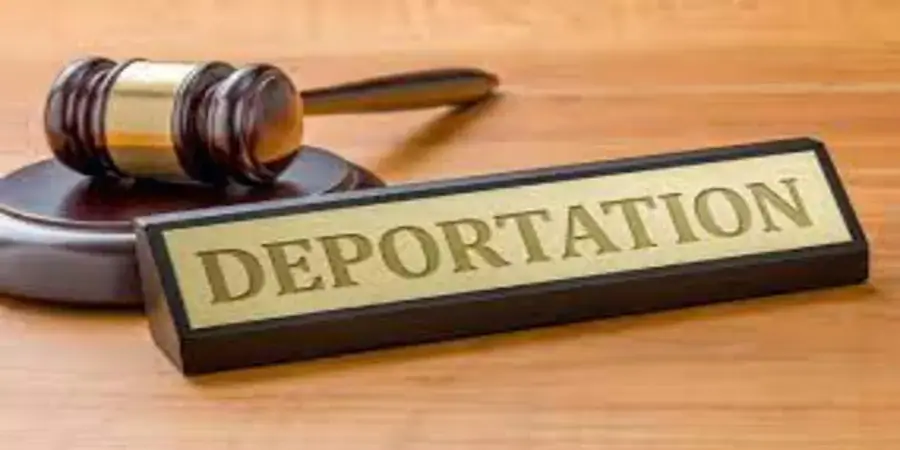Living in a big city often comes with significant stress. Crowded commutes, inflated housing prices, and the constant noise of urban life can take a toll. While cities offer convenience and opportunity, they also come with a high price tag—literally and emotionally.
For many people, the idea of small-town living conjures a slower pace, friendlier faces, and open skies. However, what is often overlooked is the profound financial benefit of leaving the city behind. If you’re ready to swap stress for savings, moving to a small town could be your most intelligent financial decision yet.
First Things First: Steps for a Smooth Transition to Small-Town Life
Before you pack your bags, it’s essential to plan. Transitioning from city life to a smaller town involves more than just a change of address.
Evaluate Your Priorities
Start by asking yourself what you value most. Are you looking for a lower cost of living? More space? A stronger sense of community? Knowing your “why” will help guide the rest of your decisions.
Research and Choose the Right Town
Not all small towns are created equal. Some offer better healthcare access, stronger school systems, or proximity to larger metro areas. Use affordability indexes, cost-of-living calculators, and job boards to narrow down your options.
Hire Professionals to Streamline the Process
Consider partnering with a reputable moving company to help with the logistics of your move. Real estate agents can guide you through local housing markets. Moving companies reduce the physical and emotional load. Financial advisors may help you navigate budget planning and tax considerations, especially if you’re relocating across state lines. Investing in expert help can save time, reduce stress, and prevent costly mistakes.
Minimize and Downsize
Small-town living often comes with smaller homes. Take time to declutter. Sell, donate, or recycle what you don’t need. Less stuff means lower moving costs and a simpler lifestyle.
Secure Housing and Utilities
Determine whether renting or buying is the more sensible option for your situation. Look into the availability and cost of utilities, internet, and local services. Be prepared for fewer options, but often lower prices.
Prepare for Lifestyle Shifts
Life in a small town moves at a different rhythm. Social circles may be tighter-knit, and amenities may be fewer in number. Embrace the opportunity to build deeper relationships and adapt to a more relaxed pace.
Lower Housing Costs
Housing is often the most significant monthly expense. In small towns, this cost drops dramatically.
You can often purchase a home in a small town for the price of a one-bedroom apartment in a city. Even rentals are more affordable. With more space and less competition, the pressure to overbid or settle for less disappears. Property taxes and homeowners’ insurance also tend to be lower.
Reduced Daily Expenses
Beyond housing, your day-to-day expenses shrink. Groceries, gas, and utilities are often cheaper. In many small towns, you won’t be paying for parking or expensive public transit.
Dining out and entertainment are more affordable. Family-friendly activities, such as hiking, local festivals, or community sports, are often free or very affordable.
Less Pressure to “Keep Up”
In cities, lifestyle inflation is a real phenomenon. High-end fashion, trendy restaurants, and frequent social outings can drain your budget. In small towns, there’s less pressure to spend to fit in.
A more relaxed social culture means fewer status symbols and more authenticity. That alone can ease financial anxiety.
Tax and Utility Perks
Living in a small town can offer hidden financial benefits, such as lower local taxes. Municipal service fees—like garbage collection or water—can be a fraction of what you’d pay in the city.
Smaller homes often lead to lower utility bills. Heating, cooling, and general maintenance are all more manageable when you’re not living in a high-rise or sprawling metro apartment.
Some areas even offer grants, tax incentives, or down-payment assistance for people moving into rural or underserved communities.
Long-Term Financial Growth
Living in a small town doesn’t just mean saving money—it can also help you grow it. Lower costs give you more room to invest, save, or pay down debt. You might even find opportunities to purchase land or start a side business.
For remote workers, retirees, or entrepreneurs, a lower cost of living means your income goes further. Over time, those savings can compound into substantial long-term wealth.
Is Small-Town Life Right for You?
Small-town living isn’t for everyone. If your career depends on city infrastructure or you thrive on 24/7 activity, it may be a tough adjustment.
However, if you value peace, financial stability, and a closer connection to your neighbors, it’s worth serious consideration. Consider your current stage in life, your goals, and your capacity to adapt to change.
Ask yourself:
- Can I work remotely or find employment locally?
- Do I prefer nature and quiet over nightlife?
- Am I looking to build community or escape the crowd?
Conclusion
Moving to a small town is more than a relocation—it’s a lifestyle shift. One that can significantly reduce your expenses and improve your overall well-being.
If you’re tired of high costs and constant stress, it’s time to trade the city skyline for a quieter, more affordable view. Downsize your stress. Upsize your wallet. And take a breath of fresh, small-town air.














